Protecting Africa’s Vultures
Preventing their Extinction with VulPro
Saving Africa's Vultures
Vulpro – working towards preventing the extinction of African Vultures
Saving Africa's Vultures
Since 2007, VulPro has been changing the way the world sees vultures. We live to see them overcome the threats of powerlines, poison, and indifference. As a non-profit organisation, we’re devoted to safeguarding Africa’s vulture species and the ecosystems they sustain. Through our rescue, rehabilitation, and release programmes, we provide a lifeline to vultures that are injured, poisoned, or disabled.
VulPro is the Africa’s only organisation solely focused on vultures. Operating across southern Africa, we have facilities in Hartbeespoort, just north of Johannesburg, and the Eastern Cape, on the renowned Shamwari Private Game Reserve.
From these locations, VulPro’s impact extends across Africa. We work with local communities, researchers, and conservation organisations to protect vulture populations and combat the many threats they face.
Our innovative captive breeding initiatives strengthen wild populations, ensuring a future for these critically endangered birds. But saving vultures is just the beginning. At VulPro, we tackle the root causes of their decline through cutting-edge research, strategic partnerships, and impactful public education, driving lasting change. Our mission is to advance knowledge, inspire action, and lead innovation in vulture conservation, securing a world where these iconic birds thrive.
Read more
At VulPro, we adopt a holistic approach to conservation, integrating both in-situ and ex-situ management strategies.
Initially established as a rehabilitation facility, VulPro recognises the critical importance of each individual vulture for the species’ survival. Our rehabilitation efforts remain a cornerstone of our work, with all released vultures now contributing to valuable research through the use of coloured leg bands and tracking devices.
Non-releasable vultures are integral to our captive breeding programme. Their offspring are used in release studies to assess their adaptation and survival in the wild. We employ GPS transmitters to monitor the survival and foraging patterns of many released birds, providing crucial insights into their movement, preferred habitats, and behaviour, including key breeding and roosting sites.
Annually, we survey wild populations at breeding sites and maintain a re-sighting database using camera traps, photographs, and public reports. This data allows us to track both wild and rehabilitated vultures, as well as ex-captive bred individuals, beyond the lifespan of their transmitters. Our field presence enhances local landowner engagement, raising awareness about the plight of African vultures.
Our conservation efforts reveal the impact of anthropogenic changes on the environment, helping us identify threats and implement effective mitigation strategies. We bridge in-situ and ex-situ conservation through scientific and veterinary research, addressing issues such as disease, threats, and toxicology. VulPro’s comprehensive conservation approach is pioneering, demonstrating how each bird contributes to the survival of wild populations.
Our initiatives have achieved a 75% survival rate for released rehabilitated vultures, though we have faced challenges with some captive-bred releases. We continuously strive to improve our methods and aim to expand our efforts to regions where vultures have become scarce or extinct. Ensuring that vultures are not forgotten is crucial, as reintroducing a species is far more challenging than supplementing an existing population, no matter how small.
“Every vulture matters. Each life saved and returned to the wild strengthens the survival of wild vulture populations.”
KERRI WOLTER, FOUNDER
On-Site and Off-Site Conservation Strategies
At VulPro, we integrate on-site (in-situ) and off-site (ex-situ) strategies to protect and preserve Africa’s vultures. On-site efforts focus on safeguarding vultures in their natural habitats through activities like population monitoring, threat mitigation, and fostering coexistence by engaging local communities.
Off-site strategies complement these efforts by addressing conservation needs beyond the wild, including rehabilitation of injured vultures and our impactful captive breeding programmes. Together, these approaches create a comprehensive framework, maximising our impact and ensuring the long-term survival of these essential birds.
Vulpro Rehabilitation
Captive Breeding Programme
Scientific Research
Community Engagement
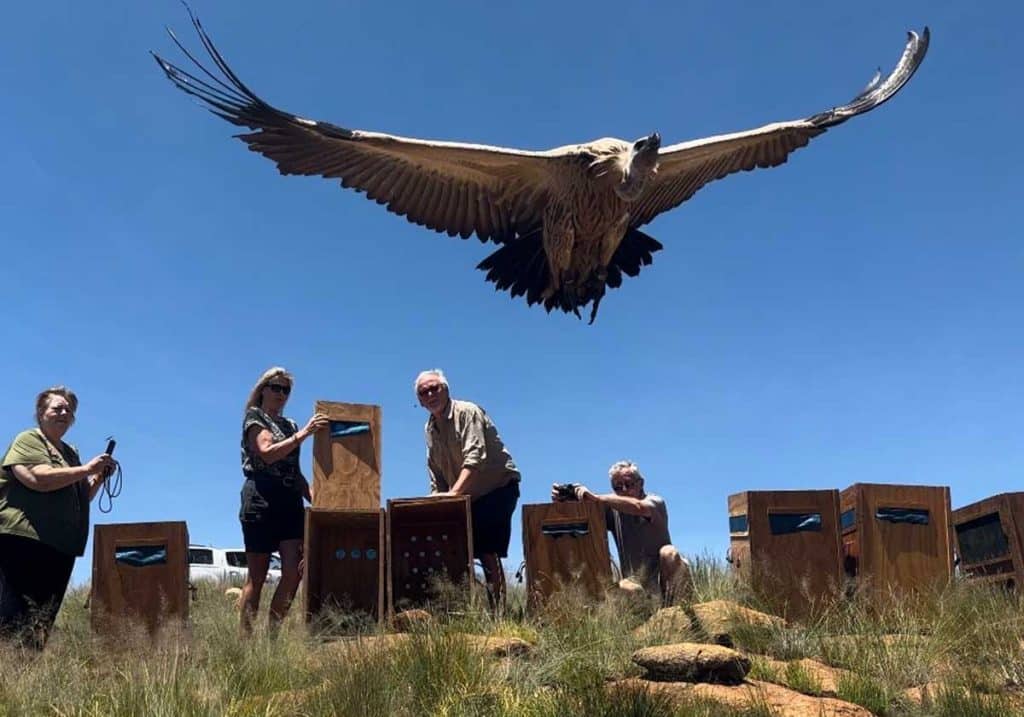
Rehabilitation Process
VulPro’s rehabilitation process is meticulous, customised to meet the unique needs of each vulture. Our dedicated team provides specialised medical care to treat injuries, diseases, and poisoning. Once stabilised, we focus on restoring the vulture’s physical strength and natural behaviours, preparing it for a successful return to the wild.
Our stringent release criteria ensure that only fully recovered, self-reliant vultures are reintroduced into their natural habitats. Each released bird is equipped with a tracking device or coloured leg band, contributing valuable data to ongoing research and conservation efforts.
Captive Breeding Programme
VulPro’s captive breeding programme is a vital pillar of our conservation work. By caring for non-releasable vultures in a safe, controlled environment, we enable them to produce offspring that contribute to research and, ultimately, wild populations.
This programme plays a crucial role in bolstering vulture numbers while providing valuable insights into their breeding behaviours. Over the past 12 years, more than 40 captive-bred vultures have been successfully released, showcasing the programme’s transformative impact on vulture conservation.
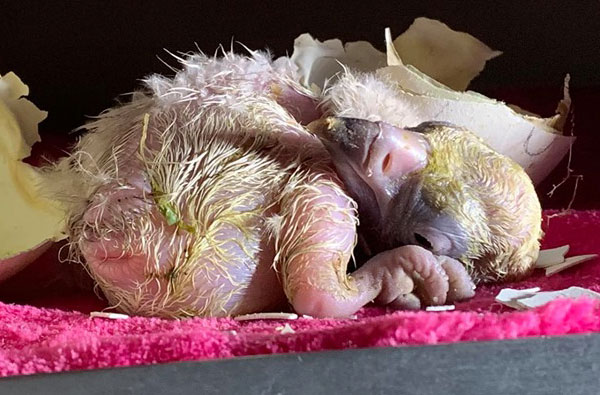
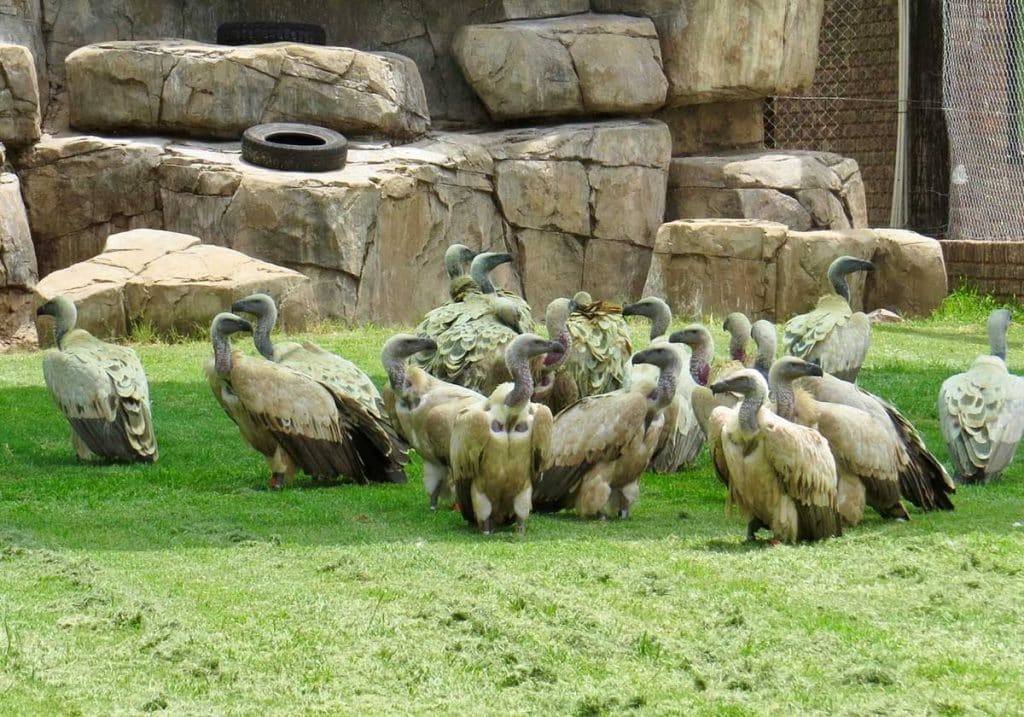
Scientific Research
VulPro leads the way in advancing vulture conservation through groundbreaking scientific research. Our studies delve into critical aspects of vulture biology and ecology, such as disease dynamics, toxicology, and behavioural patterns. This research is essential for identifying the threats vultures face and crafting effective, targeted solutions.
For instance, our investigations into vulture movement and habitat use provide vital insights that shape our conservation strategies, ensuring they are data-driven and impactful. Through science, we are paving the path to a sustainable future for Africa’s vultures.
Community Engagement
At VulPro, community engagement is at the heart of our conservation efforts. We collaborate with local landowners, farmers, and communities to highlight the critical role vultures play in maintaining healthy ecosystems and the urgent threats they face. Through education, outreach, and building trust, we inspire local support for vulture conservation and promote sustainable practices that protect these essential birds.
Our growing presence in the field has deepened connections and raised awareness, empowering communities to become active stewards of vulture conservation. Together, we are shaping a future where vultures and people thrive side by side.
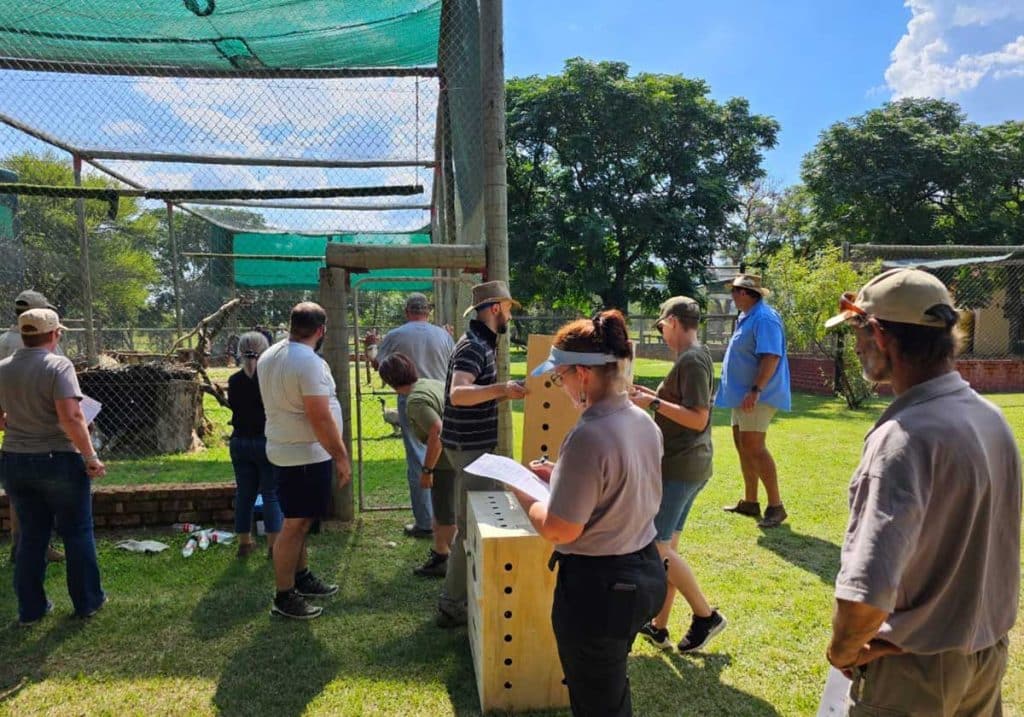
admitted to VulPro
from our rehab programme
BE THEIR LIFELINE
Your donation directly saves Africa’s vultures, restoring balance to our ecosystems.
Every Contribution Counts – Make a Difference Today!
Challenges and Solutions
Conservation is a complex journey, with vultures facing numerous threats, including habitat loss, electrocutions, collisions with power lines, and human-wildlife conflict. VulPro addresses these challenges through innovative approaches such as habitat restoration initiatives, strategic partnerships with landowners, and public awareness programmes. By fostering collaboration with local stakeholders and employing adaptive strategies, we remain at the forefront of vulture conservation, tackling current threats while preparing for future challenges.
Future Goals and Expansion
Looking ahead, VulPro is dedicated to expanding our conservation efforts into regions where vultures are in decline or have disappeared. We aim to extend our work into additional provinces, locations and countries, broadening our impact and contributing to global vulture conservation initiatives. Our vision is to reintroduce vultures to areas where they have become scarce and to ensure these vital birds are never forgotten.
Through a combination of rigorous scientific research, dedicated conservation efforts, and meaningful community engagement, VulPro is committed to creating a sustainable future for Africa’s vultures. Each bird plays a crucial role in this mission, and together, we are making a lasting difference in safeguarding these magnificent creatures.
Mission statement
VulPro is dedicated to the holistic conservation of Africa’s vulture populations, aiming to ensure the survival and thriving of these vital scavengers. Our mission is to safeguard vultures through comprehensive, science-driven strategies that address both immediate and long-term threats. Our vision is a future where healthy vulture populations contribute to balanced ecosystems across Africa.
Recognising Our Sponsors and Supporters
VulPro’s progress in vulture conservation is supported by the contributions of a wide range of partners.
The continued support of organisations and individuals is essential to achieving our mission of protecting endangered vulture species and their habitats.
We would like to formally recognise the following sponsors and supporters who have provided vital assistance to our work during 2024:



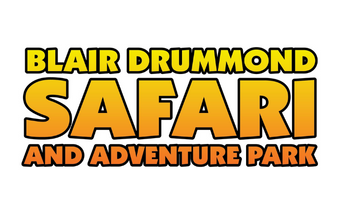
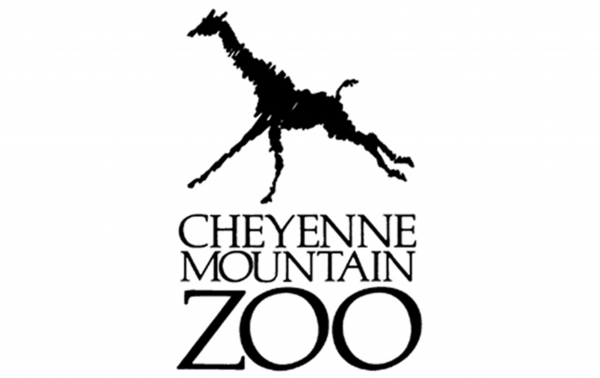

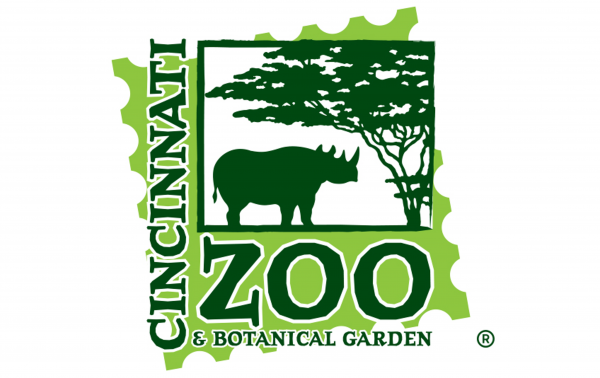
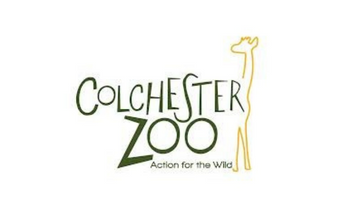
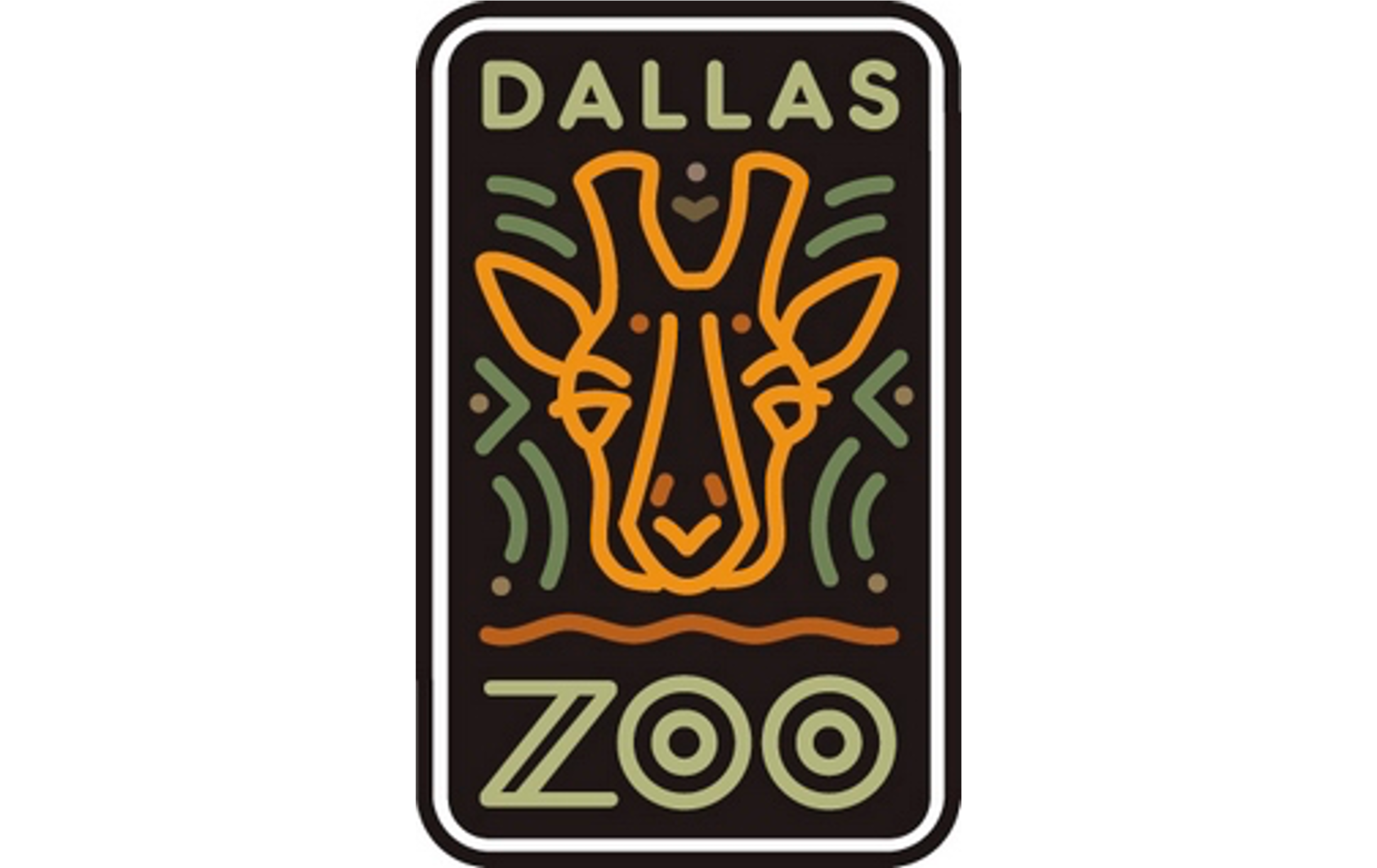
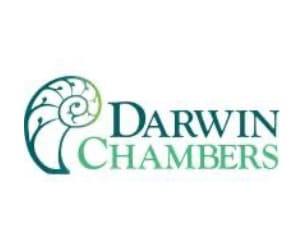

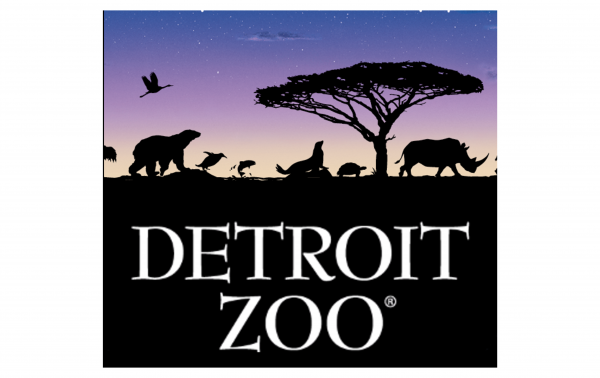
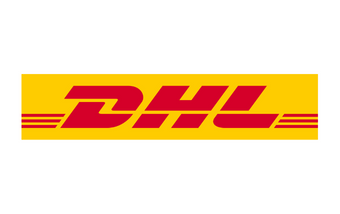


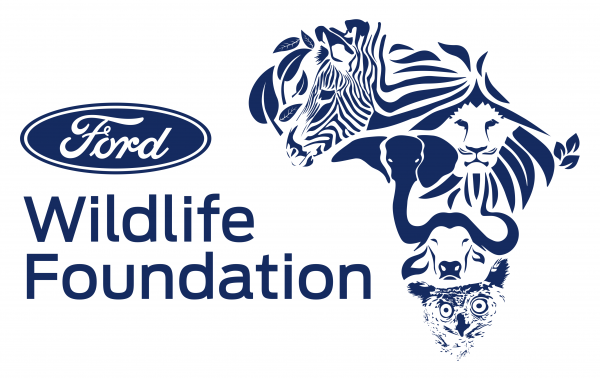
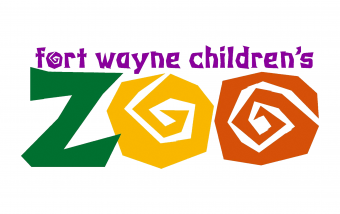
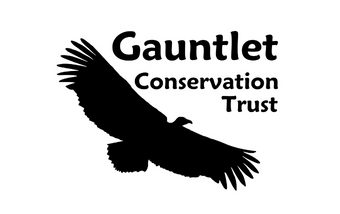
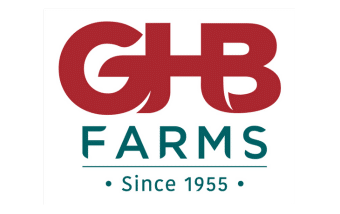
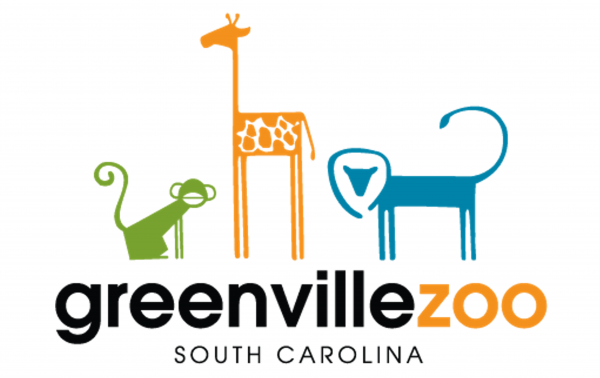
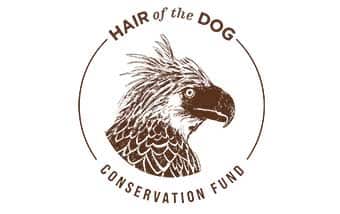
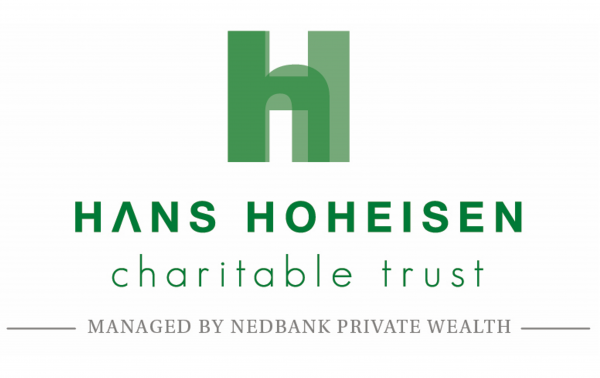
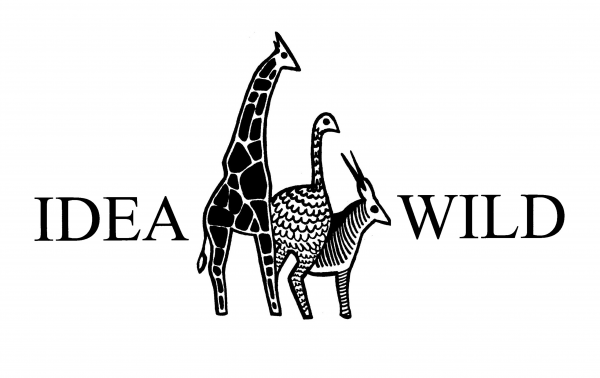
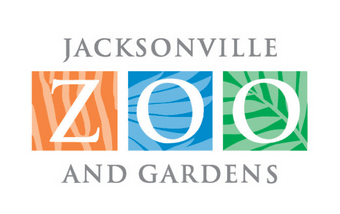
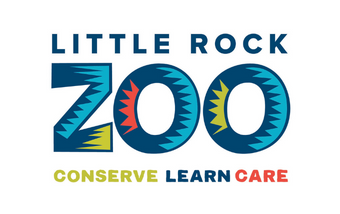
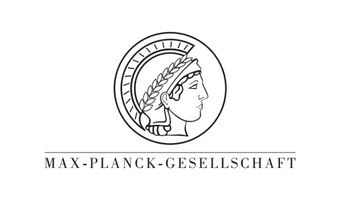
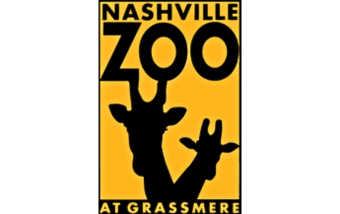
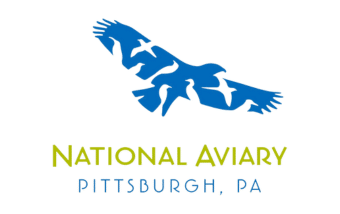
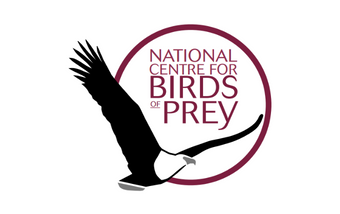
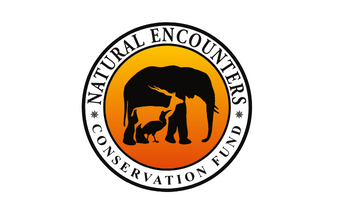
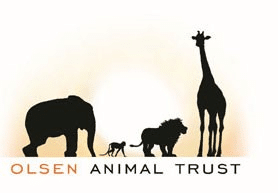
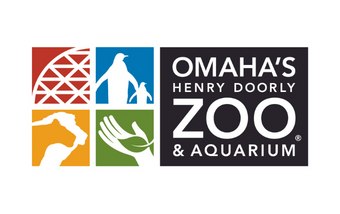
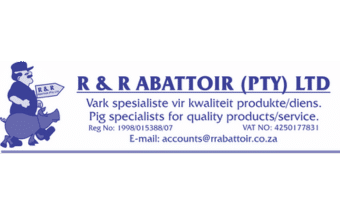
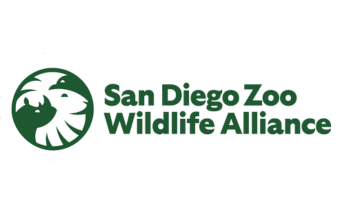
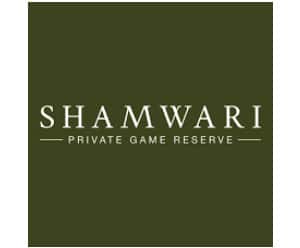
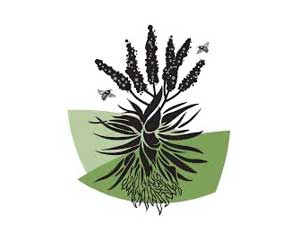
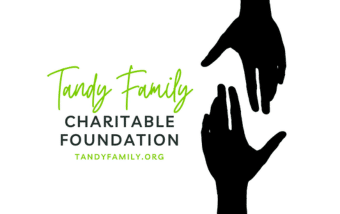
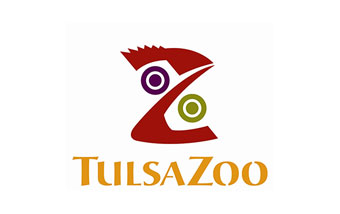
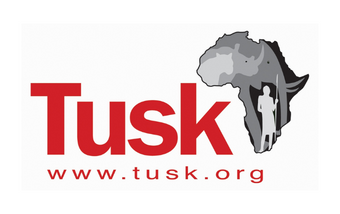
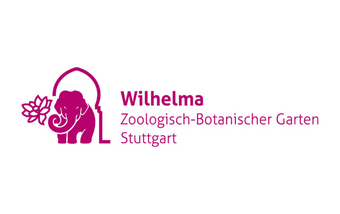

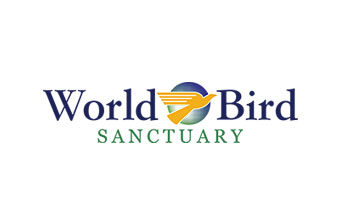
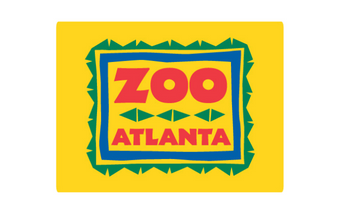
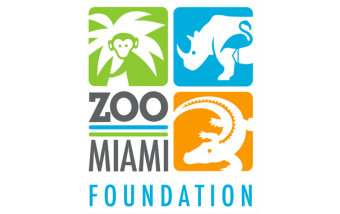
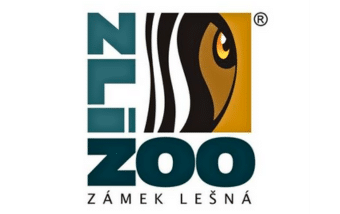
Contact Us
Found a vulture, bird of prey, or large bird in distress?
Whether in Southern Africa or beyond, time is of the essence! A quick response can mean the difference between life and death or a successful release versus permanent captivity.
Don’t delay—act now!
EMERGENCY NUMBERS (Available 24/7):
Tel: +27 82 808 5113
Tel: +27 82 254 4162
For emergencies only.
GENERAL ENQUIRIES
For non-urgent matters, please contact us at:
admin@vulpro.com
Every call helps save a life.
